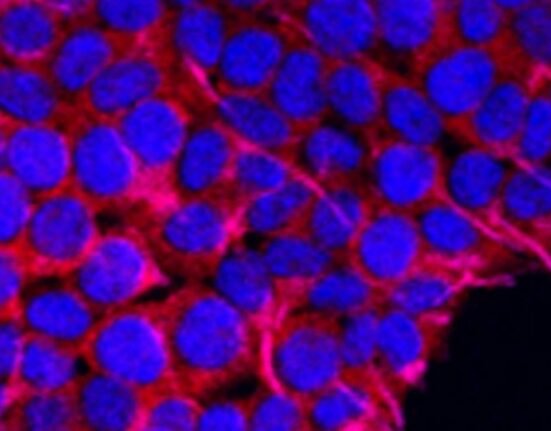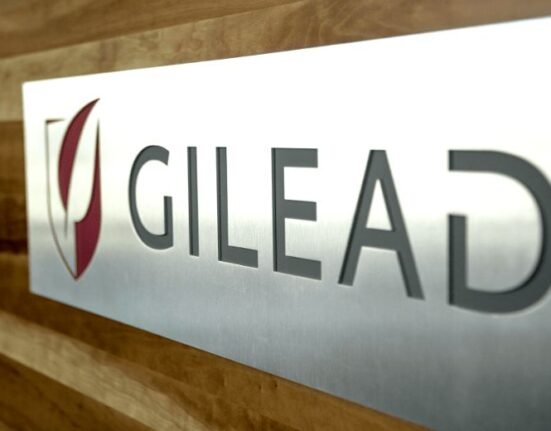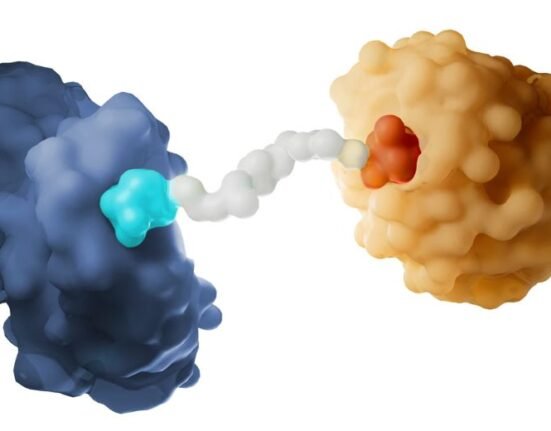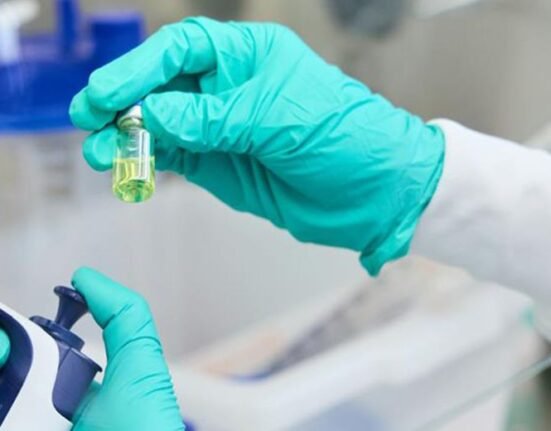HQ Team
June 2, 2025: An investigational therapy from Kite Pharma Inc., a Gilead Sciences company, has reduced tumours in 62% of the patients with a fatal form of brain cancer.
The dual-target CAR T cell therapy, which utilises the glioblastoma patient’s immune cells, showed promise of slowing tumour growth in two-thirds of the trial patients, according to findings presented at the 2025 American Society of Clinical Oncology.
While survival data are still accumulating, several patients have lived 12 months or longer after receiving the experimental therapy — the typical survival for this patient population is less than a year.
Researchers from the Abramson Cancer Center of the University of Pennsylvania and Penn’s Perelman School of Medicine did the first phase of the study on 18 patients.
Supercharged in lab
Recurrent glioblastoma (rGBM) is an aggressive type of brain cancer that comes back after initial treatment. Doctors currently have no right treatment for the disease.
University of Pennsylvania researchers tested the CAR-T cell therapy, which is widely successful in blood cancers. It is yet to make significant inroads against solid tumour cancers, such as brain cancer.
CAR T-cells are special T-cells taken from the patient, supercharged in a lab (given Chimeric Antigen Receptors), and then put back into the patient. These CARs help the T-cells find and attack cancer cells.
The CAR T-cells are designed to hit two specific targets on the cancer cells. One is the epidermal growth factor receptor (EGFR) and IL-13Ra2, the interleukin-13 receptor alpha 2. The researchers hoped the dual-target treatment might be more effective.
The special CAR T-cells were injected directly into the cerebrospinal fluid that surrounds the brain and spinal cord.
Cerebrospinal fluid
The 18 patients enrolled in the study had rGBM and underwent surgery to remove as much of the tumour as possible. The procedure was followed by infusion of the dual-target CAR T cell therapy directly into the cerebrospinal fluid.
The tumours became smaller after CAR T-cell therapy in eight of the 13 patients (62%) who still had at least 1cm of tumour remaining after surgery, according to a statement from Penn Medicine.
“Seeing recurrent GBM tumours shrink like this is extraordinary because the immunotherapy drugs that we’ve tried in the past have been unable to do that,” said principal investigator Stephen Bagley, MD, MSCE, an assistant professor of Haematology-Oncology and Neurosurgery.
“Before the trial, many of these patients had tumours that were growing rapidly, and the treatment changed the trajectory of their disease, which is very meaningful to patients with GBM.”
The dual-target CAR was created in the laboratory of Donald M. O’Rourke, MD, the John Templeton, Jr, MD Professor in Neurosurgery and director of the Glioblastoma Translational Center of Excellence in the Abramson Cancer Center at Penn Medicine, who was scientific advisor to the trial.
Macrophages
The researchers found evidence that the therapy remained in the immune system after infusion and prevented tumour growth over time.
In one patient who underwent surgery again due to tumour regrowth after the CAR T-cell therapy, the researchers detected positive effects of the treatment in the removed tissue.
These effects included infiltration of T cells throughout the tumour and clearance of the tumour by immune cells called macrophages.
The researchers reported similar signals of the therapy stimulating the immune system through spinal fluid samples from the other patients, including one patient whose spinal fluid still had detectable CAR T cells one year after receiving treatment.
“These results reaffirm that we’re onto something with our dual target therapy, and that we have a good template that we can begin refining for even better outcomes,” O’Rourke said.
‘Longer-lasting results’
“Periods of stability, when tumours shrink or don’t grow, vastly improve the quality of a patient’s life. Our goal is to refine the treatment so that more patients experience longer-lasting results.”
Assistant Professor Bagley said: “By the time GBM recurs, it has become even more challenging to treat, and the patient has already been through a lot.
“We’re hopeful that by moving quickly to test this CAR T-cell therapy in the newly diagnosed setting, the cancer will be more vulnerable to therapy and more patients will see a benefit.”








